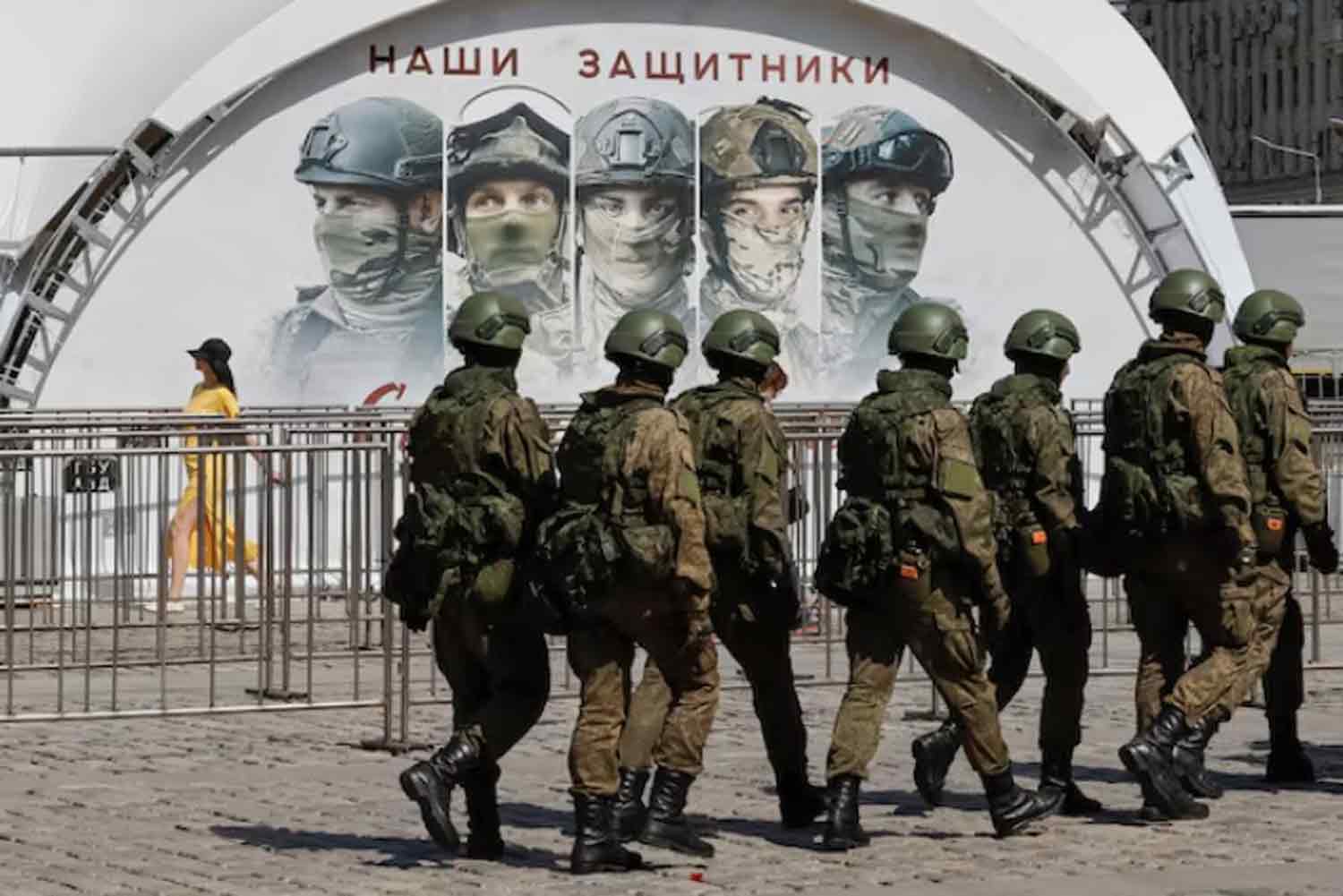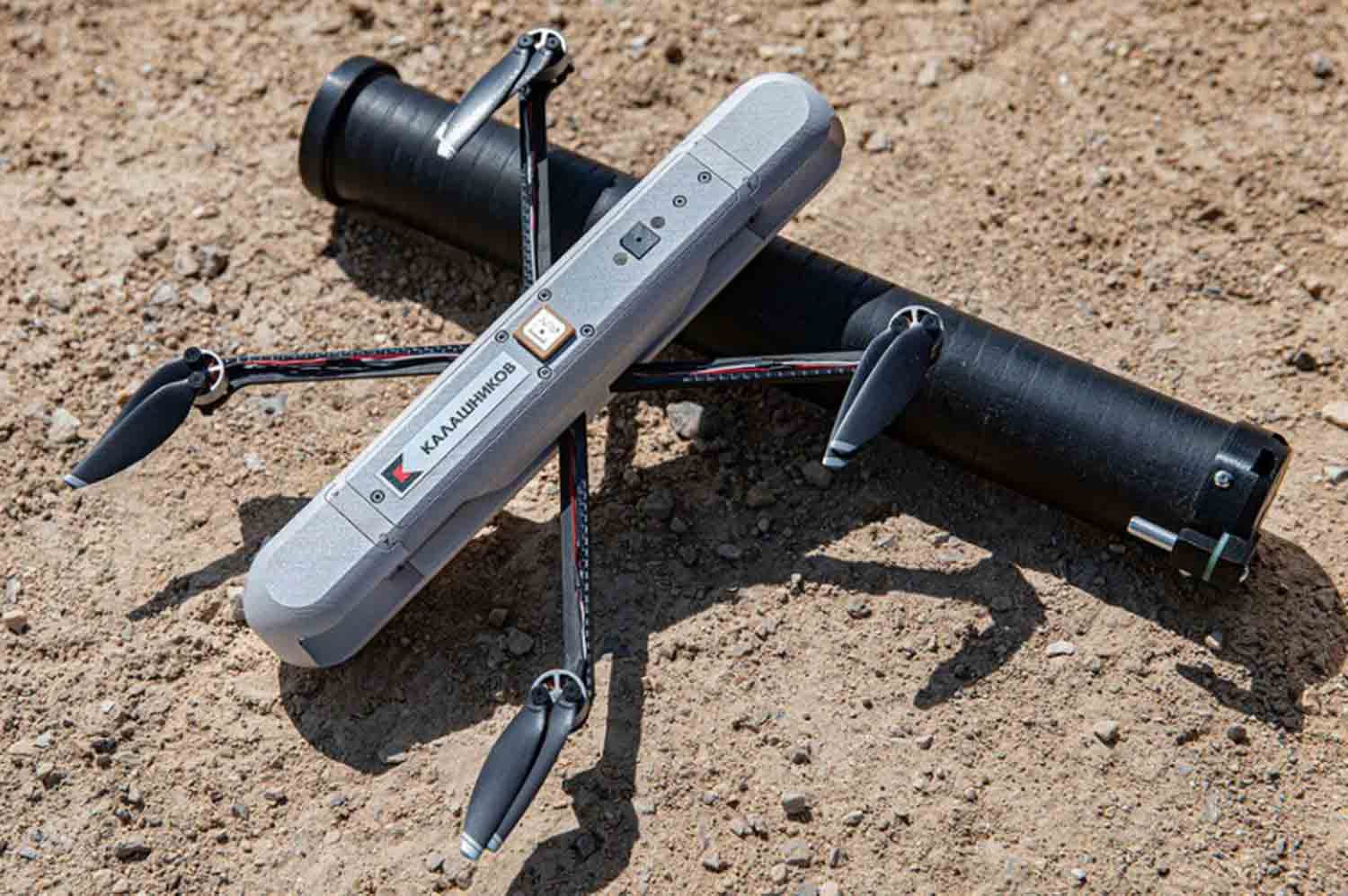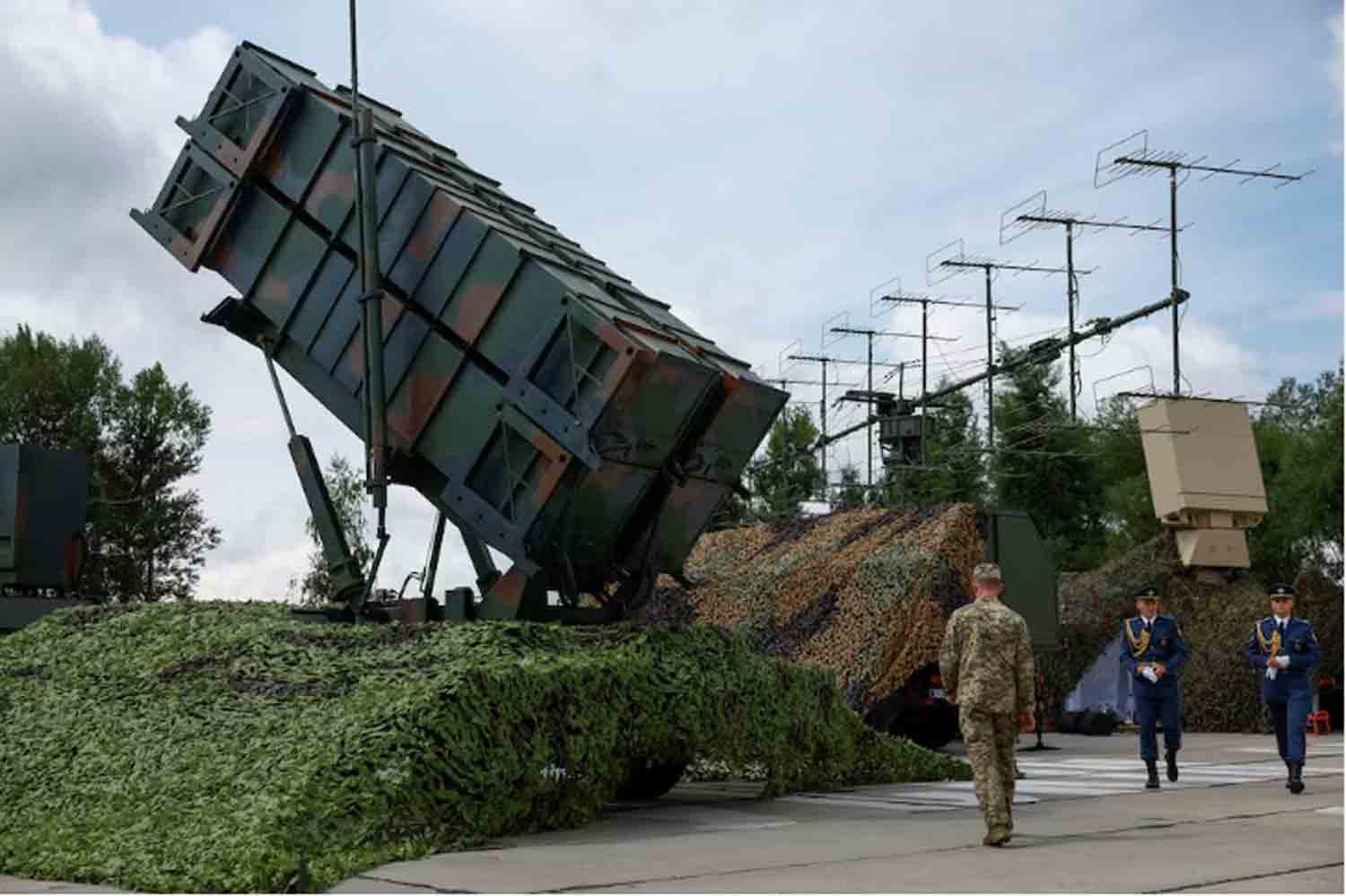Moscow is secretly seeking to obtain Swiss-manufactured precision tools and other advanced technology for its military-industrial sector, despite stringent Western sanctions, as reported by the Swiss newspaper Neue Zürcher Zeitung (NZZ).
As the conflict in Ukraine continues to deplete significant reserves of precision weaponry, Russia is urgently trying to restock its military supplies. A key component of this initiative involves CNC machines, which facilitate the efficient production of high-precision parts from metals and other robust materials.
These sophisticated manufacturing technologies are crucial for sustaining defense production and enhancing military capabilities.
The report indicates that the Swiss Federal Intelligence Service (FIS) has detected an increase in covert activities by Russian procurement networks aimed at acquiring essential technologies.
The intelligence agency cautions that these procurement strategies are highly flexible, allowing for rapid replacement of any disrupted supply chains. This agility poses a considerable challenge for enforcement efforts.
In response, Switzerland has been intensifying its efforts to prevent unauthorized exports through more stringent regulations and enforcement actions.
Data analyzed by NZZ indicates a significant increase in the export of precision tools and other essential materials to specific intermediary countries. In the wake of Western sanctions imposed on Russia, Turkey has emerged as a key channel for unauthorized transfers, as identified by the FIS.
Incidents involving attempts to redirect Swiss products from Turkey to Russia prompted the Swiss government to implement stricter export regulations in mid-2023. Consequently, all machine tool exports with potential military applications now require individual approval.
Serbia is another area of concern, having tripled its imports of Swiss dual-use goods since the onset of the Ukraine conflict. A substantial portion of these exports consists of high-precision metal-processing tools.
Although Switzerland has not yet uncovered evidence of Serbian re-exports to Russia, intelligence agencies continue to monitor the situation closely.
In contrast, exports of sensitive goods to Central Asian countries bordering Russia have remained minimal, attributed to stringent Swiss oversight. Authorities have rejected several export requests for satellite navigation system components considered at high risk of being diverted to the Russian military.
India and the UAE Experience Surge in Swiss Dual-Use Imports
India, identified by Swiss intelligence as a potential intermediary for Russian procurement, has seen a notable increase of approximately 65% in its imports of Swiss dual-use goods since the conflict began.
Several Indian companies have already been targeted by the United States in its efforts against “third-country enablers,” with accusations of assisting the Kremlin in circumventing Western sanctions that have been in place since the start of Russia’s war on Ukraine in 2022.
Likewise, the United Arab Emirates (UAE) has reported a sevenfold increase in its annual imports of these items compared to pre-conflict levels. However, Swiss authorities have not officially classified it as a high-risk nation.
Western intelligence agencies have long regarded the UAE as a potential channel for sanctioned goods destined for Russia.
The most recent inquiry stems from a report by Ukraine’s Economic Security Council, published on January 23, which disclosed that Russia has procured US$18 billion in machine tools for weapon manufacturing from Europe and China.
Although the European Union has prohibited the export and re-export of such machinery to Russia, these restrictions do not comprehensively apply to the subsidiaries of European firms operating in third-party nations such as Turkey, China, India, and Malaysia.
Denys Hutyk, Executive Director of ESCU, remarked at the time, “Third countries serve as transit points for equipment that ultimately reaches Russia, while the compliance and oversight by parent companies are insufficient. This weakens the effectiveness of the EU’s sanctions framework. A comprehensive ban on the export and re-export by subsidiaries in third countries is essential, along with clear accountability for offenders and thorough investigations into every case of European-manufactured equipment reaching Russia.”
Russia has obtained at least 57 CNC machines, valued at over US$26.5 million, from the subsidiaries of European manufacturers, in addition to components and consumables worth more than US$9.5 million.
Significantly, the Istanbul branch of Germany’s Emag Salach GmbH was responsible for producing at least 17 of these machines, valued at over US$14.7 million, which were later exported to Russia.
Emag equipment is extensively employed in military production facilities in Russia, such as the Titan-Barikadi Scientific and Production Center, which specializes in the production of ballistic missile launchers and artillery system components.
Moreover, Moscow has procured products from several prominent European manufacturers, including Trumpf, DMG Mori, Chiron, Grob, Schneider Electric, and Siemens, among others.
Overall, the ongoing participation of “third-country enablers” brings into question the efficacy of sanctions enforcement and the level of global adherence to these measures.
Discover more from Defence Talks | Defense News Hub, Military Updates, Security Insights
Subscribe to get the latest posts sent to your email.





